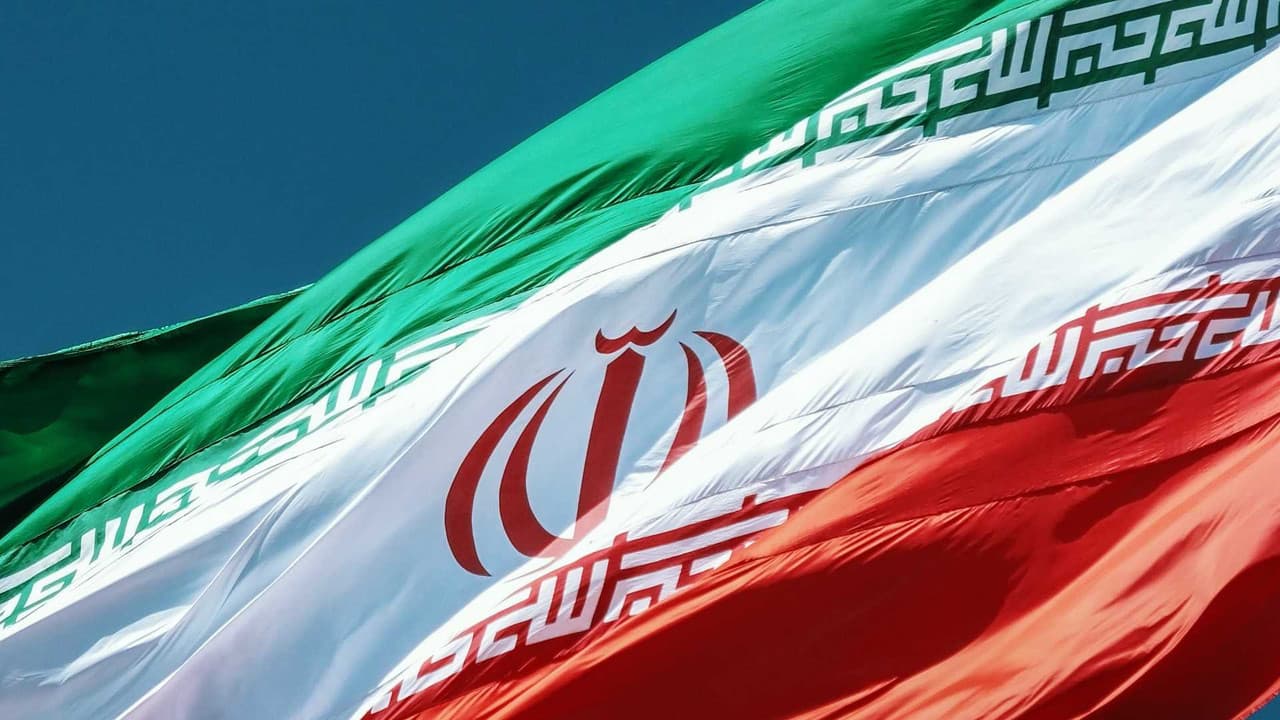Employment agreements in Iran are governed primarily by the Iranian Labor Law, which sets out the fundamental rights and obligations of both employers and employees. A properly drafted and compliant employment contract is crucial for establishing a clear working relationship, defining terms of employment, and ensuring adherence to national regulations. These agreements serve as the legal foundation for the employment relationship, covering aspects from compensation and working hours to termination conditions.
Understanding the specific requirements and nuances of Iranian labor law is essential for foreign companies operating in the country or hiring Iranian nationals. Compliance helps prevent potential disputes, ensures fair treatment of employees, and mitigates legal risks for the employer. The structure and content of the employment agreement must align with the mandatory provisions stipulated by the Labor Law.
Types of Employment Agreements
Iranian labor law recognizes different types of employment contracts, primarily distinguished by their duration. The most common types are fixed-term and indefinite contracts.
| Contract Type | Description | Key Characteristics |
|---|---|---|
| Fixed-Term | Agreement for a specific, predetermined period. | Must specify start and end dates. Cannot exceed the maximum duration allowed by law. |
| Indefinite | Agreement without a specified end date. | Continues until terminated according to legal grounds (e.g., resignation, dismissal). |
| Temporary | Contracts for specific tasks or projects, often short-term. | Duration tied to the completion of the task/project or a short period. |
While fixed-term contracts are common, particularly for initial engagements or project-based work, the law generally favors indefinite contracts. Repeated renewal of fixed-term contracts for work of a permanent nature can sometimes lead to the contract being considered indefinite by labor authorities.
Essential Clauses
Iranian labor law mandates the inclusion of specific information in all employment agreements to ensure clarity and protect employee rights.
Mandatory terms typically include:
- Identification of Parties: Full names and addresses of both the employer and the employee.
- Type of Work/Job Title: A clear description of the position and duties.
- Basic Wage/Salary: The agreed-upon base compensation.
- Benefits and Allowances: Details of any additional payments, bonuses, housing allowances, transportation allowances, etc.
- Working Hours: Specification of daily and weekly working hours, adhering to legal limits.
- Place of Work: The location where the employee will perform their duties.
- Date of Employment: The start date of the employment relationship.
- Duration of Contract: If it is a fixed-term contract, the start and end dates must be specified.
- Probationary Period: If applicable, the duration of the probationary period.
- Other Terms: Any other conditions agreed upon by both parties, provided they do not violate the Labor Law.
All terms must be clearly stated in Persian, and the contract should be signed by both parties.
Probationary Period
Employment contracts in Iran can include a probationary period, allowing both the employer and the employee to assess the suitability of the employment relationship.
Key aspects of the probationary period:
- Maximum Duration: The Labor Law specifies maximum lengths for probationary periods. For unskilled workers, it is typically one month, and for skilled and specialized workers, it is up to three months.
- Termination during Probation: Either party can terminate the contract during the probationary period without cause and without paying severance pay. However, the employer must pay the employee wages for the work performed up to the date of termination.
- Notice: While termination during probation doesn't require cause, providing notice is generally advisable and good practice, though not strictly mandated by law for termination during probation itself.
- Completion of Probation: If the employment continues after the probationary period ends, the period counts towards the employee's total length of service.
Confidentiality and Non-Compete Clauses
Confidentiality and non-compete clauses are sometimes included in employment agreements, particularly for roles involving sensitive information or specialized skills.
- Confidentiality: Clauses requiring employees to maintain the confidentiality of company information are generally enforceable, provided they are reasonable in scope and duration and relate to legitimate business interests.
- Non-Compete: Non-compete clauses, which restrict an employee's ability to work for a competitor after leaving the company, are more challenging to enforce under Iranian law. Their enforceability depends heavily on their reasonableness, considering factors like geographical scope, duration, and the nature of the restriction relative to the employee's role and the employer's business interests. Courts and labor authorities tend to scrutinize such clauses closely and may deem them void if they are considered overly broad or restrictive, infringing upon an individual's right to work.
Contract Modification and Termination
Modifying or terminating an employment contract in Iran must adhere to specific legal procedures.
- Modification: Any changes to the essential terms of the employment contract (such as wage, working hours, or job duties) require the mutual written agreement of both the employer and the employee. Unilateral changes by the employer are generally not permissible unless specifically allowed by law or a collective agreement.
- Termination: Employment contracts can be terminated on several grounds as defined by the Labor Law, including:
- Mutual agreement of the parties.
- Expiration of a fixed-term contract (unless it becomes indefinite).
- Resignation by the employee (requires written notice, typically one month).
- Dismissal by the employer for cause (requires proof of the employee's violation of duties or disciplinary rules, often involving a process through labor authorities).
- Employee's retirement or total disability.
- Force majeure events.
Termination procedures, particularly dismissal for cause, are subject to oversight by the Ministry of Cooperatives, Labour, and Social Welfare and labor dispute resolution boards, which aim to protect employees from unfair dismissal. Employers must follow the correct legal process to ensure a termination is valid.
Employ top talent in Iran through our Employer of Record service
Book a call with our EOR experts to learn more about how we can help you in Iran







Book a call with our EOR experts to learn more about how we can help you in Iran.
Trusted by more than 1000 companies around the globe



